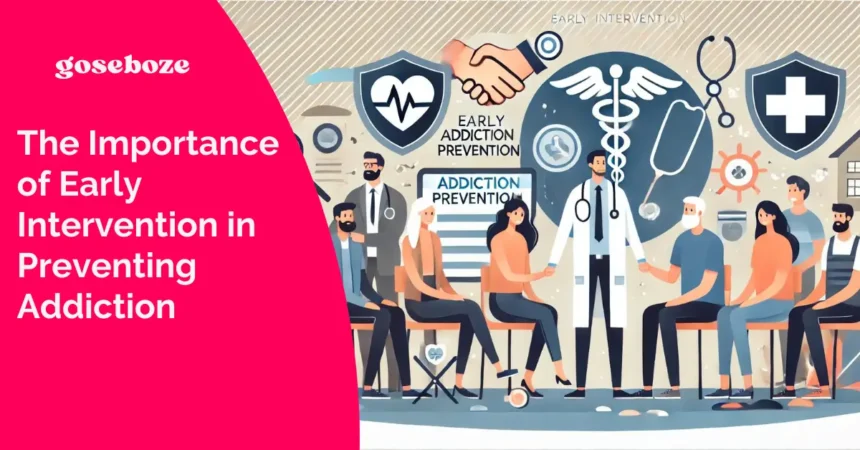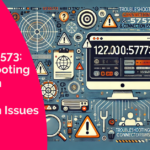Early intervention plays a crucial role in preventing addiction and mitigating the long-term consequences of substance use disorders. By identifying and addressing substance use behaviors early, individuals can receive the support and addiction treatment they need before their use escalates into addiction. Early intervention not only benefits the individual but also has positive implications for families, communities, and society as a whole.
Understanding Early Intervention
Early intervention involves identifying and responding to signs of substance use and risky behaviors before they develop into more severe problems. This proactive approach aims to prevent the escalation of substance use and reduce the risk of developing addiction.
The Benefits of Early Intervention
Early intervention offers numerous benefits that contribute to preventing addiction and promoting overall well-being:
- Addressing substance use behaviors early can prevent them from escalating into more severe use and addiction. Early intervention can disrupt the progression of substance use and reduce the likelihood of developing dependence.
- Early intervention can prevent the negative health consequences associated with prolonged substance use. By addressing substance use early, individuals can avoid the physical and mental health complications that often accompany addiction.
- Substance use disorders often co-occur with mental health disorders such as depression, anxiety, and PTSD. Early intervention can help identify and address these issues before they become more entrenched and challenging to treat.
- Early intervention can improve an individual’s overall quality of life by addressing substance use behaviors that may interfere with personal, social, and professional functioning. This proactive approach supports healthier relationships, improved academic or work performance, and greater life satisfaction.
Signs That Early Intervention May Be Needed
Recognizing the signs that early intervention may be needed is crucial for timely and effective response:
- Sudden changes in behavior, such as increased secrecy, withdrawal from social activities, or decline in academic or work performance, may indicate substance use.
- Physical signs such as unexplained weight loss, changes in sleep patterns, bloodshot eyes, or frequent nosebleeds can be indicators of substance use.
- Increased irritability, mood swings, anxiety, or depression can be associated with substance use and may signal the need for early intervention.
- Unexplained financial difficulties or borrowing money frequently can be signs of substance use that require early intervention.
Read Also: Smart Style: Leveraging Apps for Fashion Inspiration and Shopping
Strategies for Effective Early Intervention
Implementing effective early intervention strategies involves a combination of education, screening, support, and treatment:
Screening and Assessment
Integrating substance use screenings into regular healthcare visits can help identify early signs of substance use. Healthcare providers can use validated screening tools to assess risk and provide appropriate referrals.
Conducting comprehensive assessments for individuals showing signs of substance use can help determine the extent of the problem and identify any co-occurring mental health issues. These assessments inform the development of personalized intervention plans.
Supportive Interventions
Early counseling and therapy can address the underlying issues contributing to substance use and provide strategies for healthier coping mechanisms. Cognitive-behavioral therapy (CBT) and motivational interviewing are effective approaches for early intervention. This can be done within the framework of either a traditional or a luxury rehab treatment facilities, depending on your individual needs and preferences. Both offer a safe and supportive environment to begin your journey towards a healthier you.
Involving families in the intervention process can provide additional support and improve outcomes. Family therapy can address family dynamics that may contribute to substance use and strengthen the family’s ability to support recovery.
Access to Resources and Treatment
Providing information about available resources, such as support groups, treatment programs, and community services, can help individuals and families access the support they need.
Offering early treatment options, such as outpatient programs or brief interventions, can provide the necessary support to address substance use before it escalates. These programs can offer flexible and accessible care tailored to the individual’s needs.
Community Involvement
Engaging communities in prevention efforts and creating supportive environments can enhance early intervention. Community coalitions, peer support networks, and local organizations can play a vital role in promoting early intervention and reducing stigma.
Early intervention is a critical component in preventing addiction and mitigating its impact on individuals, families, and communities.








